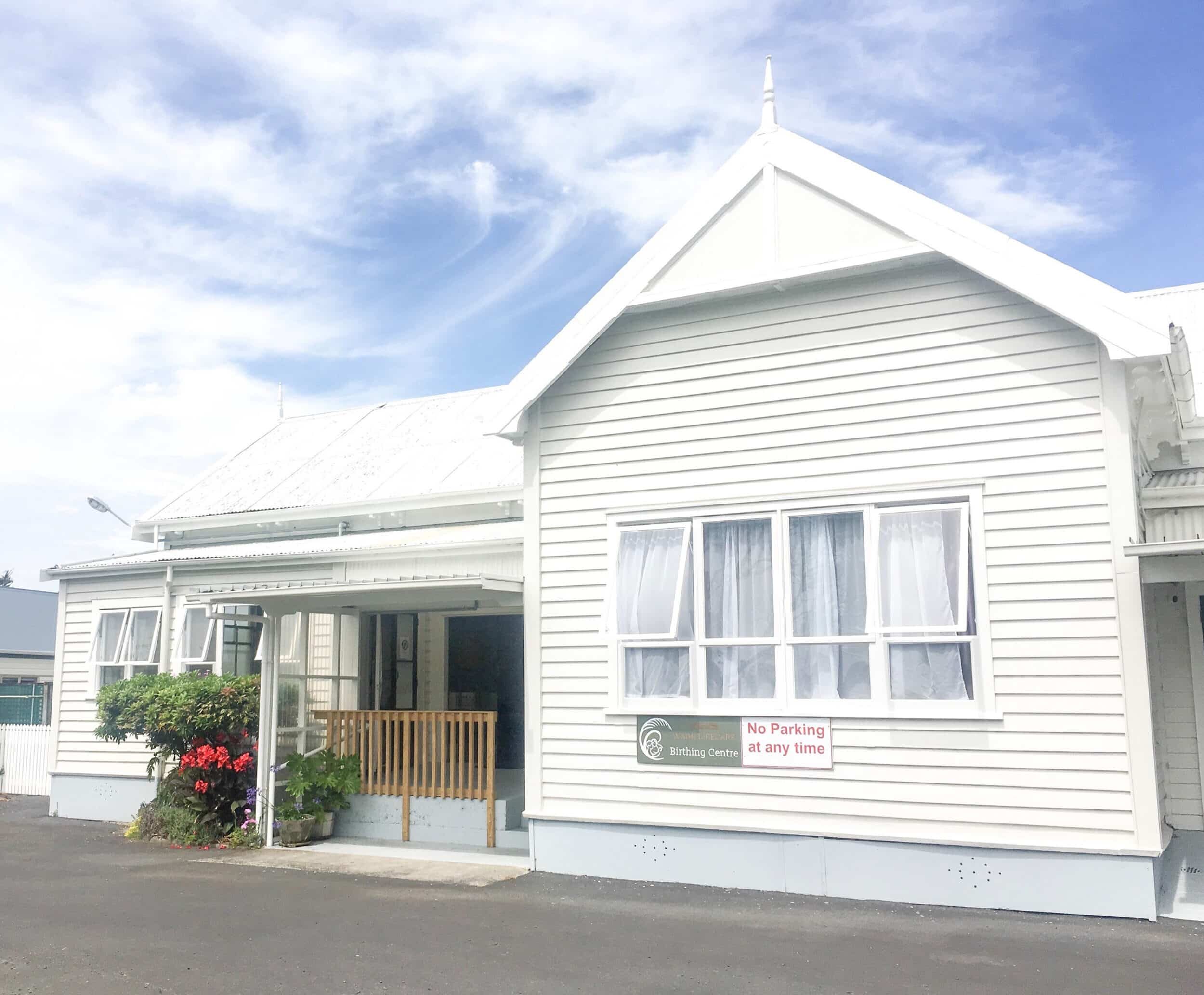Media Release
6 October 2023
Waihi Midwives and Mums Demand Service Stays
Anger is continuing to grow in the Bay of Plenty with only six weeks to go until the Waihi Lifecare Birthing Centre is due to close.
Women will no longer be able to give birth at the Waihi primary unit (smaller, more homely environment) have a postnatal stay there and instead and will have to travel to Tauranga or Waikato.
Local midwife Belinda Beetham says she and her colleagues are receiving a large number of calls every day from women concerned about the closure.
“Some from places like Whangamatā are worried about how they will afford to travel out of the area to give birth. Some of our mamas don’t have cars; they have relied on a community-based services and they have no idea what they are going to do,” she says. “Some are changing their birth plan and are choosing a home birth.”
Ms Beetham says she and her midwife colleagues have several concerns.
“This will put greater pressure on the hospital system which is already stressed. Where will women go for post-natal care? Primary birthing units are calmer, quieter and to be frank cheaper than the big hospitals. They’re usually closer to where women live so friends and family can support and visit a woman after she has had a baby. It’s terribly upsetting. Women are being let down once again with maternity choices being removed and barriers going up,” she says.
Waihi’s [birthing centre] has been open for 80 years and around 70 women used the post-natal service at Waihi last year.
Te Whatu Ora has said a shortage of midwives is the reason for the closure.
“Workforce challenges have been regularly signalled by us, to various governments and health bureaucrats for about a decade now, this has not happened overnight. We believe these current challenges can be addressed so primary maternity services are not cut. Where there’s a will, there’s a way. What could be more important than providing our babies with the best start in life and supporting mamas on their maternity journey? Nothing. There’s nothing more important than that,” says Ms Beetham.
She adds the announcement by the National Party yesterday about extending post-natal stays without any acknowledgment of the number of maternity beds needed, shows politicians just don’t get it.
“How’s that going to work if these essential primary units keep closing? If you’re going to announce longer post-natal stays then thought must be given to how that’s going to happen,” she says.
A petition to save Waihi’s birthing unit is here https://www.change.org/p/save-waihi-birthing-centre and another petition to save the Huntly Birthcare birthing unit (due to close at the end of October) is here https://www.change.org/p/save-huntly-s-birth-unit
-Ends- For more information please contact Ali Jones on 0272473112
Additional:
What the Research says:
The evidence clearly identifies that the safest place for well, healthy women and babies who do not have any complications to achieve a healthy birth is in a primary birthing unit or at home. Giving birth in a familiar and comfortable environment with a midwife means that less pain relief is needed and intervention rates are reduced.
A primary birth setting means more chance of:
- a spontaneous normal birth
- less intervention including episiotomy and medication
- less forceps or surgical births
- less blood loss
- less infection
- increased breastfeeding rates
- more well women and well babies
https://maternity.org.nz/topics/primary-birthing-units-and-small-maternity-hospitals
https://bmjopen.bmj.com/content/bmjopen/7/8/e016288.full.pdf
